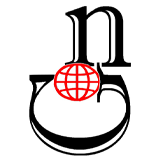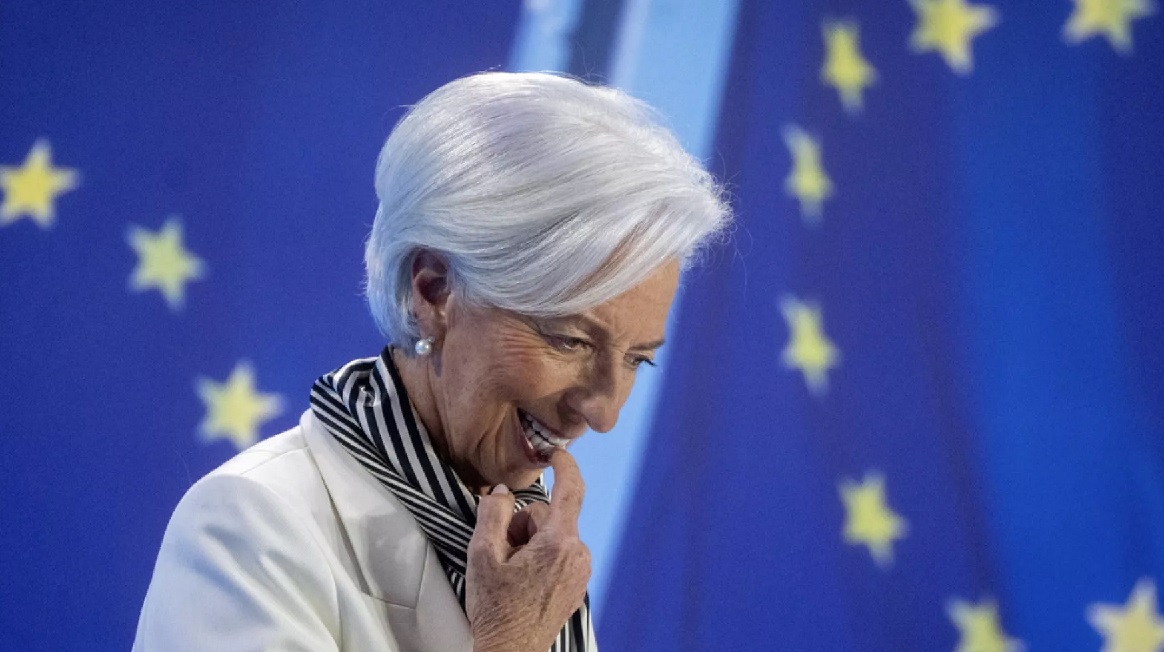Eurozone inflation at a two-year low
Eurozone investors are hoping for good news soon regarding interest rates amid signs that inflation seems to be slowing. This would mean some much-needed respite from soaring food and energy prices, which have been hitting the Eurozone since the start of the Russia-Ukraine war in February 2022.
The January 2024 flash inflation estimate report showed annual consumer prices falling from 2.9% in December 2023 to 2.8%, in line with consensus estimates.
Core inflation, which does not take energy and food prices into account, also slipped lower to 3.3%, down from 3.4% in the previous month, still slightly above analyst estimates of 3.2%. Month-on-month inflation dropped to -0.4% from 0.2%.
Energy prices were down to 6.3% from -6.7% on the previous months, while services prices remained more or less stable at 4%. Alcohol, food and tobacco prices dropped to 5.7% from 6.1% in December. Non-energy industrial goods in January also fell, sliding to 2% from 2.5% in December.
Eurozone unemployment hovers near historic lows
Eurozone unemployment rates also remained at record lows in December at 6.4%, as expected. Among the biggest Euro area economies, Germany had the lowest unemployment rate at 3.1%, with Italy coming in at 7.2% and France at 7.3%. Worryingly, however, Spain had the highest unemployment percentage at 11.7%.
The number of unemployed people in the Euro area fell by 17,000 to 10.909 million. The percentage of people under 25 without jobs was down slightly at 14.4% in December from 14.5% in the previous month.
Although some investors are still pricing an interest rate cut by April this year, others expect monetary loosening to be put off until summer, or even later. The European Central Bank (ECB) is also maintaining quite a cautious attitude regarding interest rate cuts.
ECB maintains data-dependent approach to inflation battle
ECB President Christine Lagarde highlighted to CNN on 30 January: “We are not there yet. We need all sorts of data, but one of which is critically important – it’s the data concerning wages.”
Lagarde later told CNN about her inflation taming plans, saying: “I want to get to 2% sustainably so that people in the street who do their shopping and who go to the petrol station appreciate that we are doing the job for them.”
As such, the ECB has reiterated that it will continue to take a data-dependent stance when it comes to the fight against inflation.
German and French inflation both dropped in January, leading to increased hopes that some of the biggest euro area economies may now be on the road to recovery.


